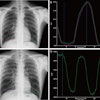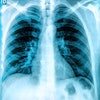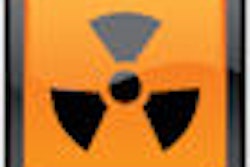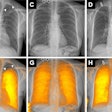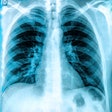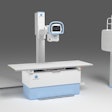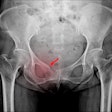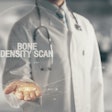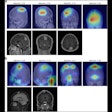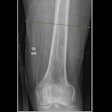Skin doses from fluorosocopy in percutaneous coronary intervention (PCI) procedures are related to patient size and the complexity of the indication, researchers from the Mayo Clinic in Rochester, MN, reported at the American College of Cardiology (ACC) meeting in Atlanta. The findings are a crucial first step in optimizing dose levels for individual patients, they said.
Dr. Chet Rihal and colleagues reviewed radiation data from 1,827 adult patients treated at the facility over 14 months. The study identified 20 clinical traits and circumstances that help predict whether a patient likely received higher or lower doses of radiation. According to the results, higher body mass index (BMI), more complex disease (such as multiple diseased vessels or complex anatomy and lesions in the vessels) and a previous history of coronary artery bypass graft (CABG) surgery were significant indicators of higher radiation dose.
"Radiation risk is a recognized hazard of our specialty that has not been systematically or aggressively addressed," Rihal said in a statement. "The next step for us is to follow up from this initial identification of the problem and lead efforts to formulate specific practice changes clinicians can use to improve safety while maintaining quality."
"There is no standard model of the clinical determinants of radiation skin dose in PCI, so by using clinical data from a large sample of Mayo Clinic adult patients and commonly accepted statistical methods, we identified correlations between clinical variables and radiation dose that we hope will be useful in improving care," explained study co-investigator Kenneth Fetterly, Ph.D., in a statement.
By AuntMinnie.com staff writers
March 15, 2010
Related Reading
Heparin, low osmolar contrast increase the risk of post-PCI thrombocytopenia, January 29, 2010
Post-PCI eptifibatide infusion can be safely cut from 18 to 2 hours, March 12, 2009
CABG remains superior to PCI for severe coronary disease, February 19, 2009
Trial can't prove PCI to be noninferior to CABG for diabetics with complex CAD, December 1, 2009
PROSPECT: IVUS improves PCI outcomes, September 25, 2009
Copyright © 2010 AuntMinnie.com

